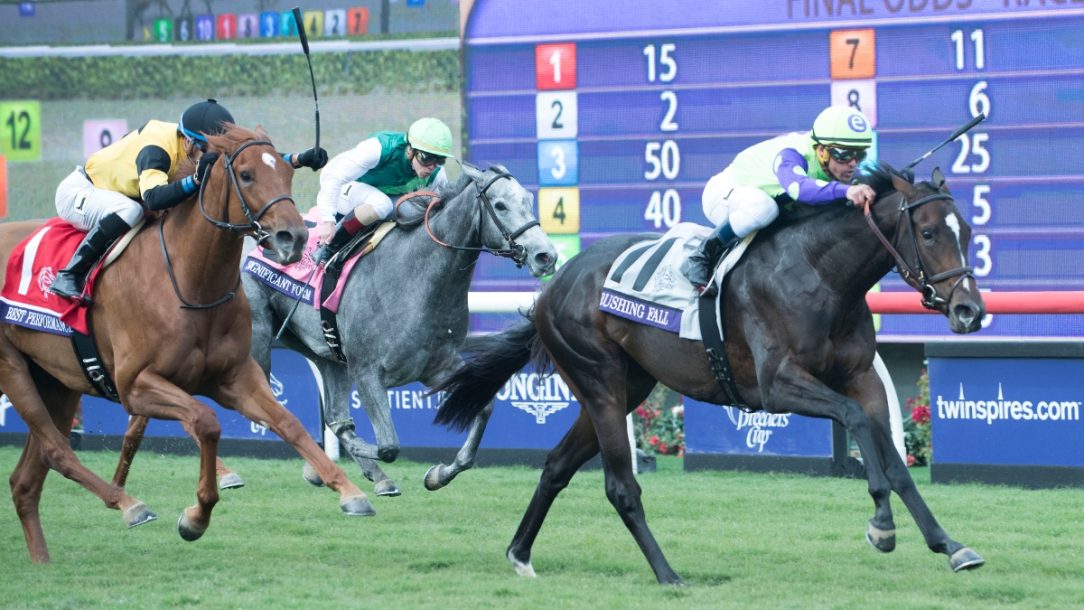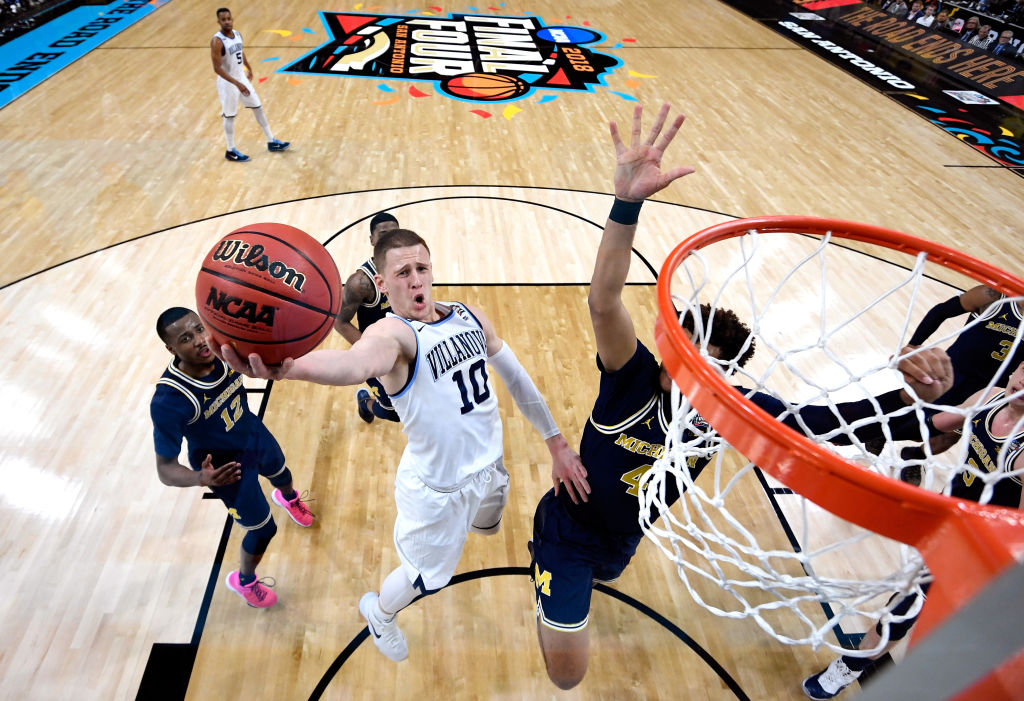In the last 20 years, bookmakers and sports betting have become an integral part of people’s lives in many parts of the world. The number of these facilities in some countries, especially the less developed ones, has long exceeded the number of cafes and restaurants. However, sports betting is banned in many parts of one of the most powerful countries in the world – the United States. Here’s why.
Sports Betting Used to Be Illegal in Almost All US States

Source: theconversation.com
To understand when this practice actually existed, we must go back to the time before the United States as we know it today. The first race track (horse track) was founded in America in 1665. Before the Revolutionary War – which was partly financed by lottery income – many in the colony were considered English subjects, so it’s quite understandable that certain customs were transferred from England. One of those customs was horse racing.
Horse racing originated in the 12th century, so betting on it is as old as the sports discipline itself. By 1868, horse racing as a sport had developed and has become a highly organized business in the United States, thanks in part to the publication of the American Stud Book catalog. By the early 1900s, this type of publishing had become illegal, and thus racing was slowly becoming a thing of the past.
Since some things are simply rooted in the American people, the law had to react. For example, at one point, the state of New York, i.e. its Constitution, banned gambling of any kind.
Parimutuel Betting as the Last Straw for Salvation

Source: actionnetwork.com
Parimutuel betting has become a lifeline for horse racing and a pleasant alternative for bettors across the country. In essence, this type of betting abolishes betting against the ‘house’ and puts all bets together. This way, in fact, all bets are fighting against each other. In the 1900s, early machines were employed at the Kentucky Derby. Bettors very quickly started to practice the parimutuel type of betting, believing that, in a way, it’s more acceptable to put in money with bookmakers. By the way, the Kentucky Derby is so popular race that there are online bookies on the link that are rated by the market offer for this traditional annual horse competition, some of them being can be labeled as outstanding.
Outside of horse racing, gambling continued to build an infamous reputation. During Prohibition, gangsters made sure that alcohol, violence, and betting went hand in hand. The ‘Black Sox’ baseball scandal where members of the Chicago White Sox rigged the 1919 World Series was also of no help to the industry. There was no other option for decision-makers in sports in the U.S. other than to say no to gambling. Sports betting became legal in Nevada in 1949, however, the betting books still remained empty due to the 10% tax that the state has imposed.
Significant scandals such as the CCNY in 1951, North Carolina and New York State in 1961, Boston College in 1978, Tulane in 1985, and the Pete Rose baseball scandal didn’t help ensure a good relationship between betting and organized sports. Lawmakers enacted betting book laws to curb betting practices, such as the 1961 Federal Wire Act. This regulation has made it illegal to bet or share information via telecommunications across national borders. Congress passed many other laws regarding travel, mail, and gambling materials that forced international bookmakers to close or work illegally.
By the end of the 1970s, the Commission on the Review of the National Policy Toward Gambling had concluded that two-thirds of the nation was involved in gambling and 80% approved of the act of gambling itself. The commission then gave up its intention, stating that gambling is inevitable and that law enforcement against it is impossible.
Professional Leagues Have Maintained Anti-betting Stances

Source: time.com
Professional leagues in the U.S. have maintained the stance that gambling is bad for their games and competitions, continuing to build arguments on the principle of integrity. And this is how PASPA (Professional and Amateur Sports Protection Act) came about, which served as a comprehensive ban on sports gambling under federal law, despite the fact that most states certainly banned it themselves. The act, signed in 1992, obliges states to inform the government within a period of one year whether they want the practice of sports betting within their borders or not. Nevada opted for a whole host of betting options while Oregon, Montana, and Delaware wanted a few restrictive options. The other 46 countries didn’t want to allow betting within their borders.
The commissioners spoke before the deputies prior to the adoption of PASPA. They also included the then head of the NBA, David Stern, who called sports betting a national problem. New Jersey voters voted in a 2011 referendum to allow sports betting because of the idea that this decision would help Atlantic City casinos who were struggling to survive. The NCAA and other major leagues have successfully blocked this implementation, but the Supreme Court has now challenged PASPA and considered it a legislative overrun by the federal government. A majority of judges approved New Jersey’s argument that Congress commanded state regulatory powers by prohibiting states from legally regulating the issue. Some states will keep gambling, some won’t.
The decision of the Supreme Court in May 2018 opened the door to legal sports betting in America. What everyone knows now is that this possibility wasn’t possible until recently. The Supreme Court actually lifted the federal ban on several states, thus allowing sports betting. The question is why more of them didn’t allow this activity?




